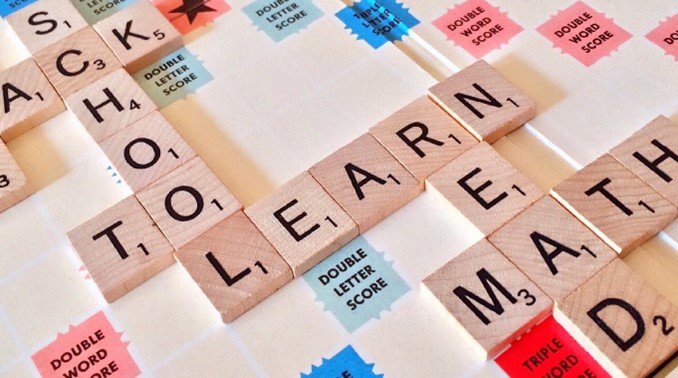It was reported in February 2023 that two parents in Northern Ireland recently took their daughter’s former nursery to court after claiming that they had discriminated against her.
The nursery admitted that the girl, who has Downs Syndrome, was treated less favourably than other children and that they failed to make any reasonable adjustments for her.
Amelie Cummins started at Trinity Nursery School, Bangor, in County Down, Northern Ireland in September 2020. Amelie has Downs Syndrome and had a statement of special educational needs which gave her provision to attend the mainstream nursery school with 22 and a half hours of classroom support each week.
Despite this support being in place her parents, Michelle and Alan Cummins, were told that Amelie, who is now 5 years old, would have to start her day at the nursery 15 minutes later than all of the other children at Trinity Nursery School, even though she had a dedicated classroom assistant. The nursery also wanted Amelie to finish the nursery day 15 minutes earlier than all of the other children. This would have led to her having less time at nursery, affecting the amount of education and care she was getting. Due to this, her parents felt this was unfair and refused to accept it. Amelie’s mother, Michelle, also said that the nursery didn't allow her, as a parent, to come into the nursery to be part of the transition for her daughter starting at the nursery.
Mrs Cummins said that when they raised this and a number of other discriminatory issues with the nursery, they unfortunately became quite hostile. This was far from the positive start that Mr and Mrs Cummins had wanted for their daughter. They then felt that they unfortunately had no option but to take Amelie out of the nursery just three months later in December 2020.








